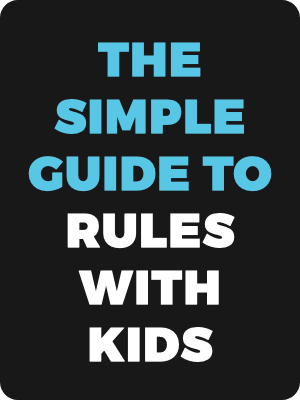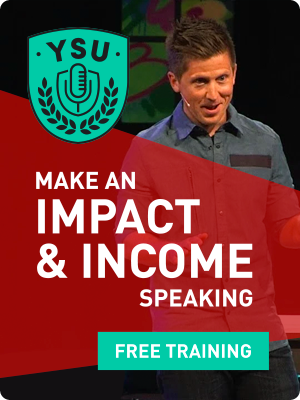This Why You Should PAY Your Kids to Read Non-Fiction Books
I’m just going to come right out and say it…my wife and I pay our kids to read.
Now that the shock, gasps, and horror are out of the way, let me explain. My wife and I, created a list of paradigm-shifting non-fiction books such as Grit, Atomic Habits, How To Win Friends and Influence People, Boundaries, and The Total Money Makeover.
Then, when our kids were around 7-years-old, they could select a book from the list, read it, and write up a one-page book report (here’s our template) for 10 dollars apiece. To make sure our kids were getting the most out of the experience, we structured the book reports as well, asking them to answer a short series of questions to help them dig deep into the themes, and implement the lessons learned by the characters into their every-day lives.
Now, I know there are few child psychologists out there who might disagree with this approach. The argument is that reward-based learning activities are just that, and when the rewards dry up, so does the interest in the activity. Children should perform all learning activities for the pure enjoyment of them – even if they’re much less “cool” and socially engaging than, say, playing with their friends – thus fostering a life-long love of learning that will stretch into adulthood. Well, – excuse the child-like expression, but – duh!
Of course it would be wonderful if all children intrinsically wanted to read complex, thoughtful, non-fiction literature that would enhance their reading skills while broadening their horizons. Heck, if that were the case, we wouldn’t have to bother sending them to school, or even parenting for that matter. The fact of the matter is, however, that not all kids are naturally drawn to reading or self-improvement. BUT, all kids are drawn to money. It’s valuable to them. I want my kids to see self-improvement as valuable. Thus the incentive.
Positive, incentive-based reinforcement has been scientifically proven to encourage children to engage in learning activities, and there’s a very important reason to use such tactics to make sure kids are reading and reading early.
Numerous doctors and scientists, including Fumiko Hoeft, cognitive neuroscientist and psychiatrist at the University of California, San Francisco, discovered that the formation of certain neural pathways in early childhood are critical to success in reading. Because reading is a relatively new skill in the grand scope of human evolution, auditory, speech and visual processes must be properly integrated early on, and that takes practice. So, while it is certainly important to instill our children with a long-term love of reading, using a short-term reward to engage them in the activity, can help ensure they properly develop this very important skill.
So, yeah, we pay our kids to read. And so far it’s been positive. Feel free to take this idea or leave it. Modify it, make it your own…but I’d encourage you to get creative in incentivizing the behaviors your want your kids to exhibit.




